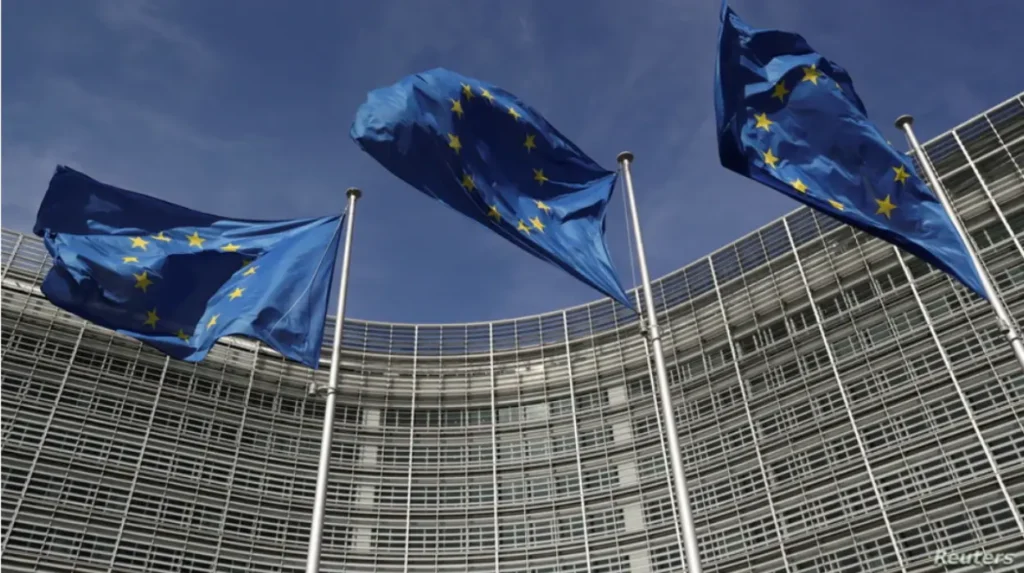In a significant step to reinforce their longstanding partnership, the Philippines and the European Union renewed their commitment to human rights, due process, and anti-corruption efforts during the latest dialogue held in Brussels. The high-level talks focus on strengthening cooperation to promote transparency, accountability, and good governance amid ongoing regional and global challenges.
Strengthening the Human Rights Framework
The dialogue underscored the importance of upholding human rights as a shared cornerstone of bilateral relations between the Philippines and the EU. Both parties emphasized the need for robust mechanisms to safeguard due process and protect citizens’ rights, reflecting their mutual dedication to democratic values and the rule of law.
“We remain steadfast in our commitment to protect human rights and promote justice as fundamental pillars of development and peace,”
said an EU representative during the plenary discussions. The Philippine delegation echoed this sentiment, highlighting recent national efforts to align legislative and institutional reforms with international human rights standards.
Anti-Corruption as a Core Objective
Corruption remains a critical impediment to progress, sustainable development, and trust in public institutions. Against this backdrop, the EU expressed strong support for Manila’s efforts to bolster transparency, improve accountability, and implement good governance reforms.
“The two sides share a common vision in combating corruption through systemic reforms and increased civic engagement,”
the EU noted. This collaboration builds on frameworks established in previous dialogues and pledges a coordinated approach to addressing corruption risks in both public and private sectors.
The dialogue specifically focused on enhancing anti-corruption measures by sharing best practices, leveraging technology, and exploring policy innovations. These efforts aim to reduce opportunities for corruption, enhance oversight capacities, and foster a culture of integrity.
Key Areas of Cooperation Highlighted
The Brussels dialogue addressed several strategic areas to expand cooperation, notably:
- Strengthening institutional integrity, including judicial independence and law enforcement transparency.
- Enhancing public information dissemination to empower citizens in anti-corruption initiatives.
- Promoting education and awareness programs, especially targeting youth, to cultivate long-term cultural change.
- Utilizing technology and data analytics to monitor corruption risks and improve governance monitoring.
These priorities align with broader EU strategies that emphasize prevention as well as enforcement in anti-corruption policies across member and partner states.
The Broader Context: EU’s Anti-Corruption Network
The dialogue in Brussels coincides with the establishment of the EU Network Against Corruption, a platform designed to exchange knowledge, develop best practices, and foster cooperation among stakeholders fighting corruption in Europe and beyond.
Commissioner Ylva Johansson, speaking on the network’s launch, highlighted its role in “providing new impetus to corruption prevention efforts across the EU and our partners.” The network’s work includes mapping high-risk areas for corruption, a task that will likely inform future bilateral initiatives with countries like the Philippines.
Statements from Philippine Officials
Philippine officials attending the dialogue reaffirmed the government’s commitment to transparency and effective governance reforms. They detailed the country’s recent legislative measures aimed at tightening anti-corruption laws and empowering watchdog institutions.
Highlighting the importance of this renewed partnership, a Philippine delegate remarked,
“Our cooperation with the EU is vital in our journey towards a more transparent, accountable government that ensures justice for every citizen.”
The delegation also pointed out the role of civil society and media freedom in sustaining these reforms and holding power to account.
Challenges and Opportunities Ahead
Despite progress in both the Philippines and the EU, participants acknowledged ongoing challenges, including political resistance, resource limitations, and emerging forms of corruption that require innovative approaches.
The dialogue participants agreed on the necessity of continuous engagement, flexible strategies, and shared responsibility to overcome obstacles. The EU’s technical support instruments and funding opportunities such as Erasmus+ and the Internal Security Fund were highlighted as key tools for sustaining these efforts.
Impact Beyond Bilateral Relations
This dialogue between the Philippines and the EU on human rights and anti-corruption underscores a significant global trend: the increasing necessity of robust international partnerships to tackle complex governance challenges.
Through shared principles, mutual support, and aligned actions, both parties aim to foster democratic resilience, enhance the rule of law, and contribute to sustainable development goals.
A Renewed Commitment in Brussels
The Brussels dialogue between the Philippines and the European Union marks a renewed chapter in their cooperation on human rights and anti-corruption. Both sides expressed determination to uphold democratic governance through transparency and accountability, making these efforts a foundation for peace and development.
As the Philippines continues strengthening its institutions and legal frameworks, and the EU extends its network and support mechanisms, this dialogue will likely set the tone for deeper collaboration and tangible results for years ahead.







